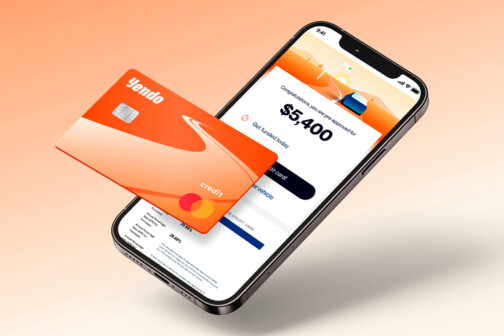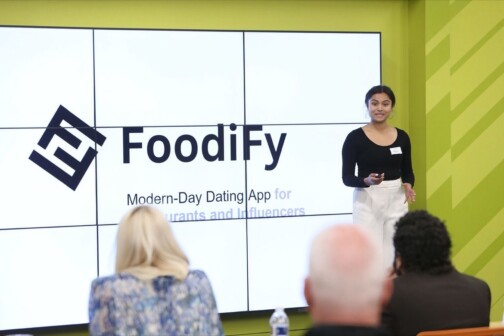Dr. Michael Giles wants to use technology to make it easier to break an addiction to opioids by removing the barriers to treatment.
Here is the problem: Patients in opioid treatment programs must often take methadone to break their addiction, but the nature of the addiction and the medicine means that they must come to the clinic every day to take the medicine in front of the caregiver. When first beginning treatment, this can mean six trips to the clinic every week. Because the medicine can be valuable on the street (around $500 per 100 mg dose), patients must take all of the medication before being sent on their way.
If a patient has conflicts connected to childcare, employment, or transportation, they may opt for the treatment and self-medicate with illicit opioids. For this reason, around 80 percent of opioid addicts don’t pursue treatment, and those that do refer to methadone treatment as “liquid handcuffs.” For the nearly 74,000 people who died from opioids and their families, removing barriers
Giles focused on research and innovation during his psychiatry residency at UTSW. He noticed that the standard of care failed too often and wondered if medication adherence might benefit from patients being able to take a few days’ supply of medicine home. Focusing on methadone was especially impactful, as it is the most common way to treat fentanyl addiction, which killed nearly 74,000 people in the U.S. last year.
“Patients hate having to come to the clinic every day, and it takes away their ability to have a full life,” Giles says. “The trade-off is that they are not going to overdose because they are not using illicit drugs and fentanyl, but they can’t live their normal life.”
With a financial boost from Mark Cuban and other investors, Giles launched a pilot version of Sonara Health to help solve that problem in February 2022. Sonara is a platform that partners with OTP clinics to send patients home with several days of medication. It allows them to film themselves taking the medication from wherever they are rather than traveling to the clinic.
Each sealed dose has a unique QR code that can be scanned during the process, and patients must turn the bottle upside down and speak to the camera after taking it to make sure they have taken all of it. Methadone, which is a liquid, is stored in daily dose vials. The technology is a web application that doesn’t require downloads and has simple prompts to walk patients through scanning the dose and filming the administration. The program is designed to function on any phone, including the free devices given to patients at OTP clinics to help them stick with their program. It also doesn’t cost the patients anything to use.
Sonara launched commercially in September 2022 and today works with 23 clinics around the nation, monitoring more than 50,000 doses on the platform so far. For Giles, Sonara is more about offering support for patients who are struggling to keep up with their treatment rather than catching those who are falling short.
OTP clinics in Oregon, Illinois, Alaska, South Carolina, and California, looking to increase adherence and convenience for their patients have signed up for Sonara, and the data has been promising. With typical treatment, OTP clinics will eventually allow patients who prove their trustworthiness to take several days of medication home, but Sonara has halved the time it takes patients to be able to take a week of medication home compared to the standard of care.
A remaining hurdle is that the OTP clinics are reimbursed by payers more for patients who are in person than who take the medicine remotely, which is a battle faced by physicians as more care moved to telehealth. The company is currently raising more funds to be able to expand treatment beyond methadone and increase support for a company that went from four clients to 23 in one year.
Giles is excited about the growth and future impact on one of society’s greatest ills. “We’re trying to meaningfully change the cost-benefit analysis for patients to seek treatment by making methadone much easier to access and giving patients the support they need.”
Author







